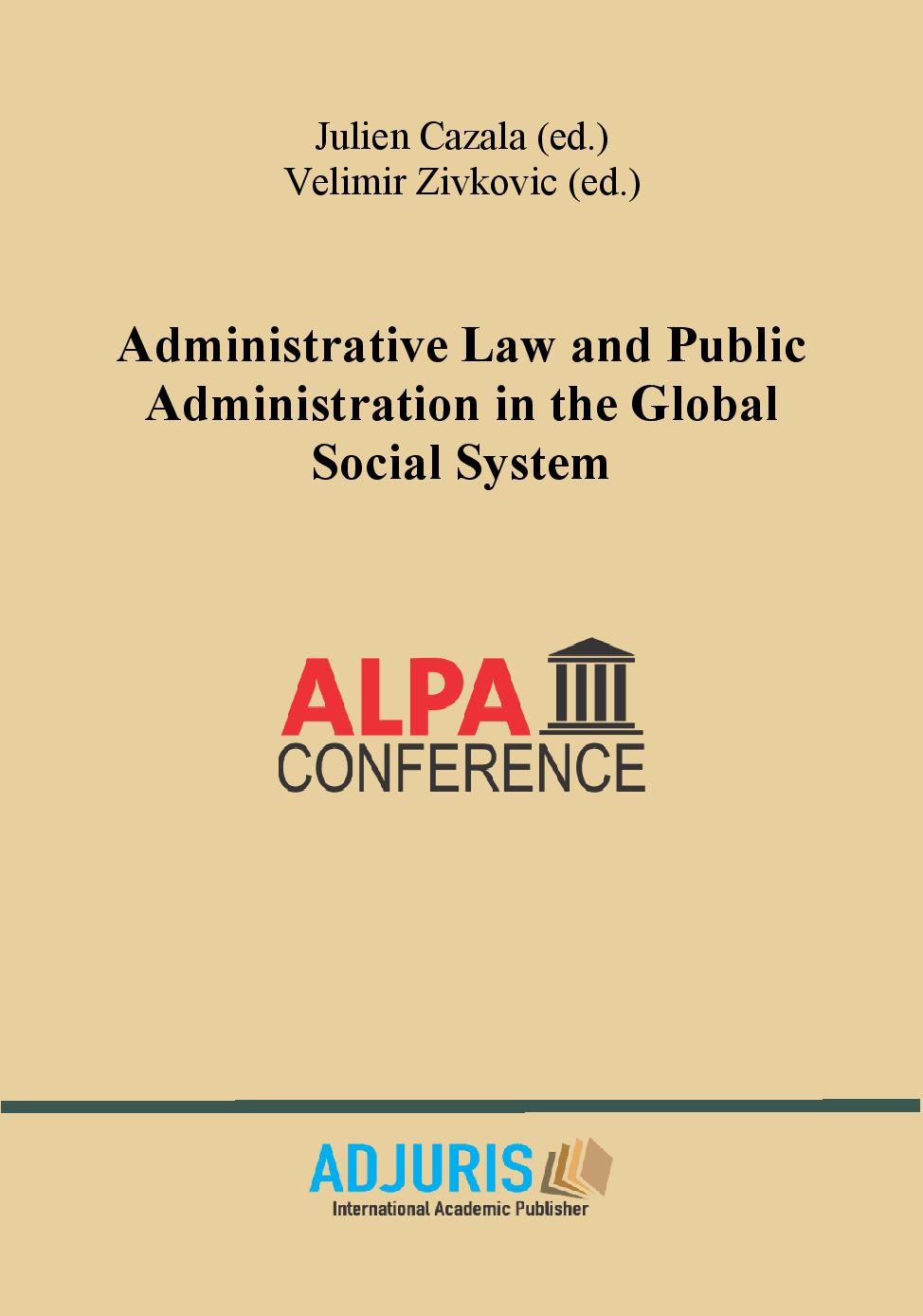Regulatory framework of administrative laws for rational utilisation of natural resource in India with reference to impact on environment
Regulatory framework of administrative laws for rational utilisation of natural resource in India with reference to impact on environment
Author(s): Harsh Pathak
Subject(s): Administrative Law
Published by: Societatea de Stiinte Juridice si Administrative
Keywords: minerals; climate change; protection; environment; judicial activism; sustainable development;
Summary/Abstract: Minerals are substances that are formed naturally in the Earth. Minerals are solid, inorganic, non-renewable, limited natural resources and are important raw material used in the core sectors of the economy. In India, there is a huge deposit of several types of mineral resources. Mineral industry plays a vital role in India. The extraction of minerals form nature leads to global warming and often creates imbalance which adversely affect wildlife, fishery, climate, rainfall and ecology. Climate change presents a complex challenge for India, which is reflected in its evolving set of climate change laws and policies. The government has adopted various initiatives to comply with the Kyoto Protocol. The central national initiative on climate change is the National Action Plan on Climate Change. Action under NAPCC is premised on the principle of sustainable development, which for the purposes of climate change means achieving growth while at the same time minimizing greenhouse gas emissions.
Book: Administrative Law and Public Administration in the Global Social System
- Page Range: 29-35
- Page Count: 7
- Publication Year: 2021
- Language: English
- Content File-PDF

